What do you think?
Rate this book
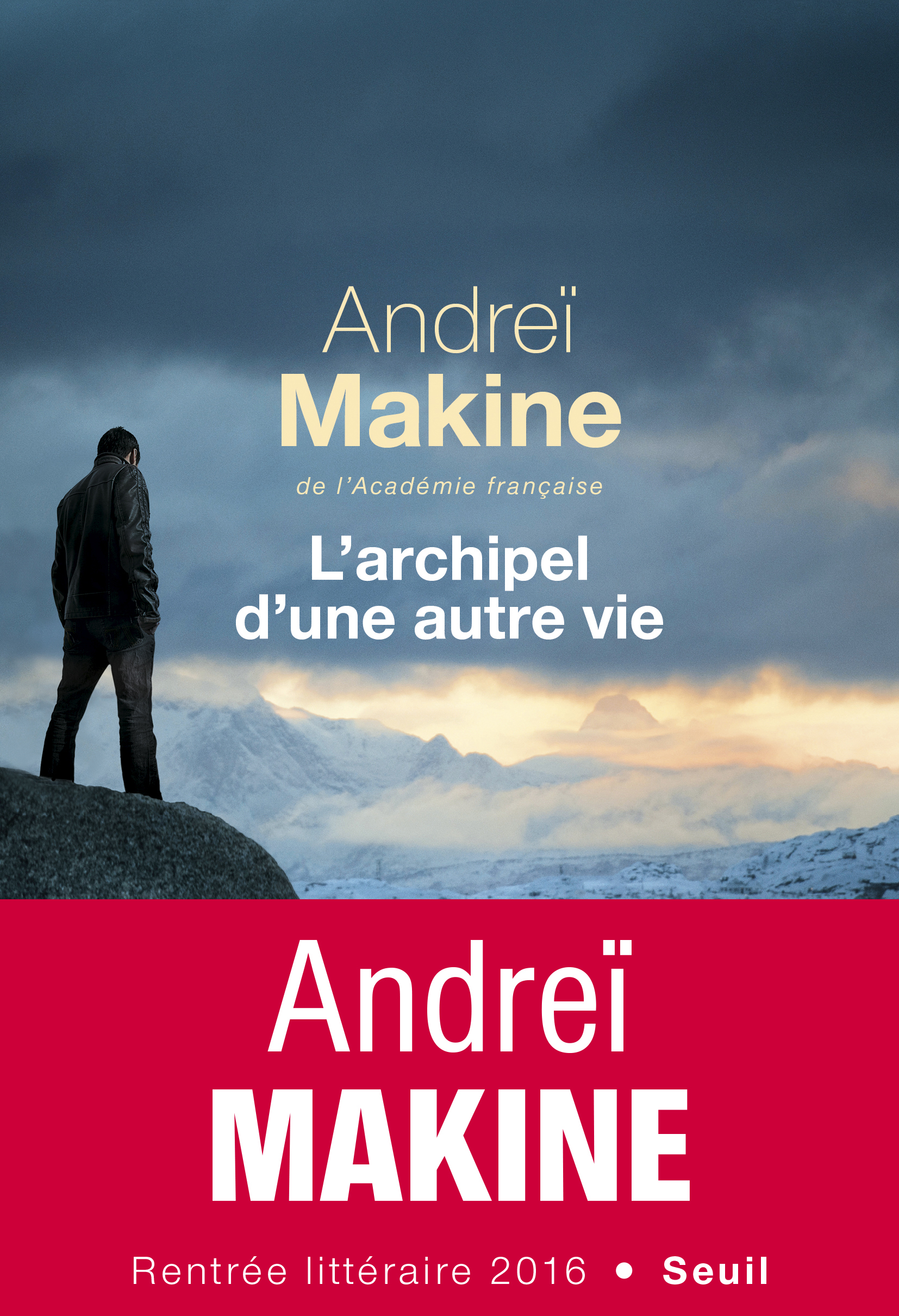

288 pages, Paperback
First published August 18, 2016
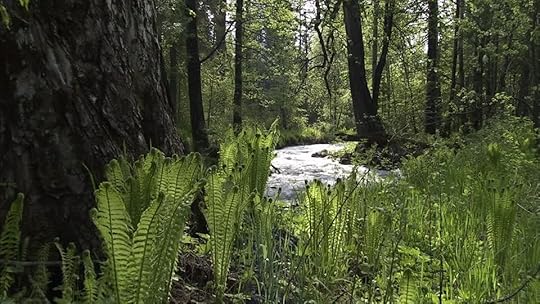
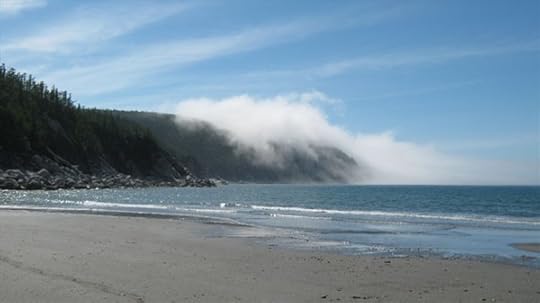
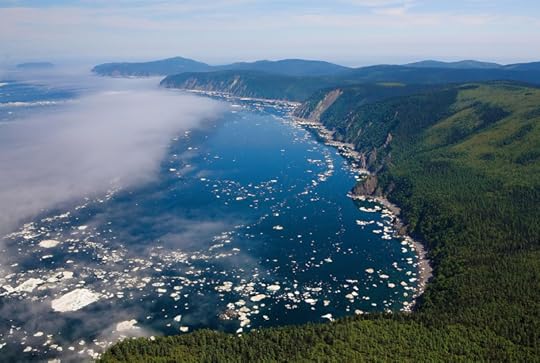
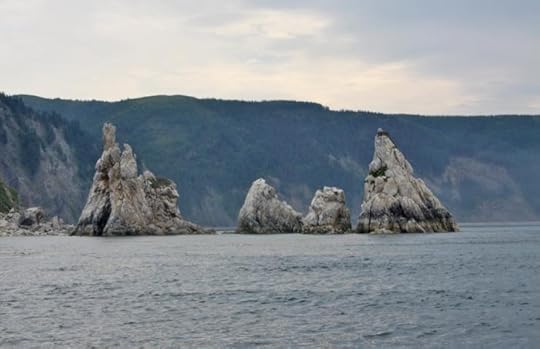
I listened to him with all the fascination that any boy of my age would have felt
Yes a tale of adventure, a western. Later I believed I could discern a much more profound and secret truth within it ..